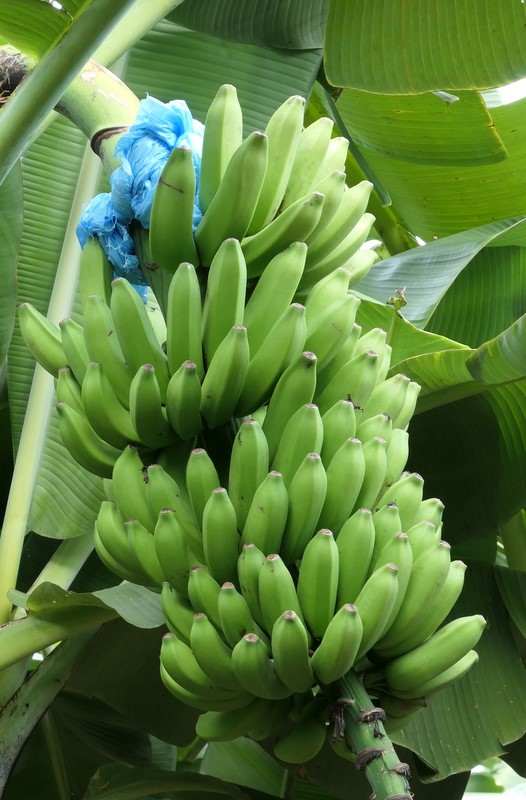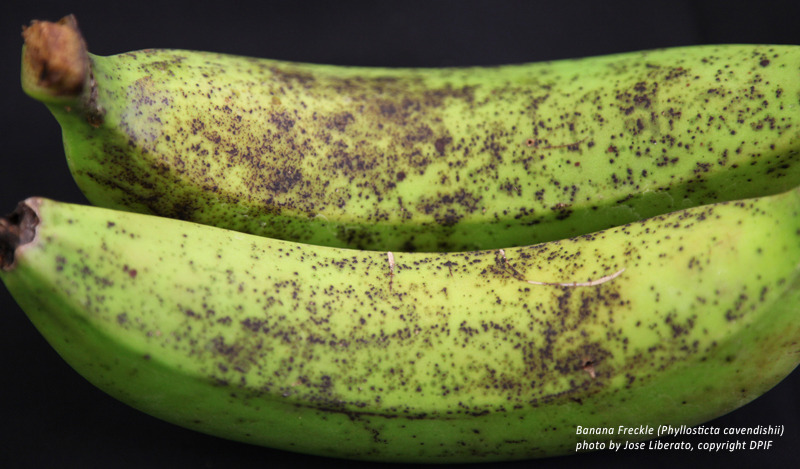The British television channel ITV has reported that the fungal disease which has been wreaking havoc in Southeast Asia’s banana plantations and beyond has found a home at the Eden Project’s Rainforest Biome in Cornwall, England. Plant pathologist Dr Rachel Warmington told ITV news that they were surprised to find Fusarium wilt in their banana exhibit, but have since used the presence of the fungus as an opportunity for research.

Eden Project's Rainforest Biome. Credit: Eden Project
Warmington confirmed to ProMusa that the fungus in question is Tropical race 4 (TR4). “It was identified in 2009, when the disease was first observed in the banana exhibit. We changed the plants and the soil, but the fungus reappeared in 2015 in a different part of the biome where there are also banana plants. We removed the affected varieties, 'Pisang mas' and 'Pisang Masak Hijau', a Cavendish cultivar. We also planted Allium tuberosum (Chinese chives) in the affected area to help suppress the disease and limit the impact on the remaining bananas. Eden Project is also collaborating with the University of Exeter on several research projects looking at biocontrol measures."
Warmington added that the UK’s Animal and Plant Health Agency is aware of its presence, even though it is not a notifiable disease in the UK. “Our protocols for managing the biosecurity around TR4 are the same as our biosecurity measures for the notifiable UK diseases we have on site.”
If TR4 has found its way to the Eden Project, it is possible that it is also present in other European gardens. “It is certainly an indication that the disease is likely to be moving in the amenity horticulture trade and botanic garden collections,” says Warmington.



